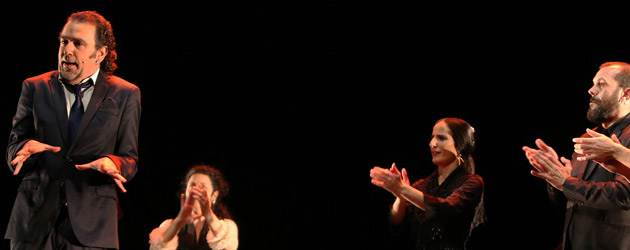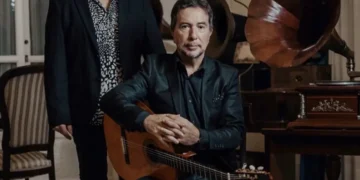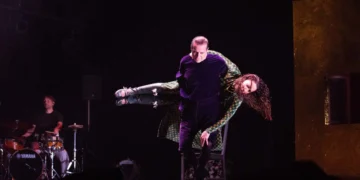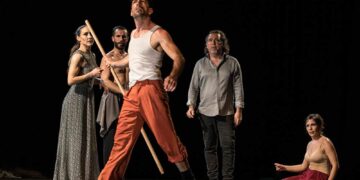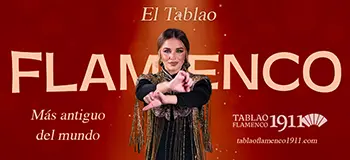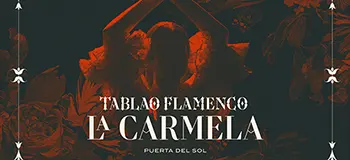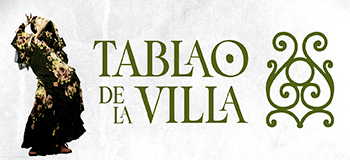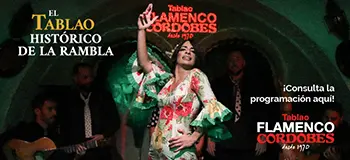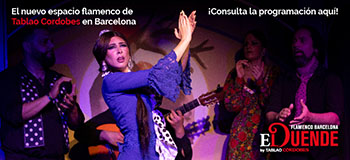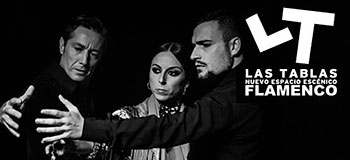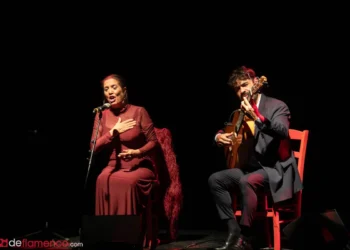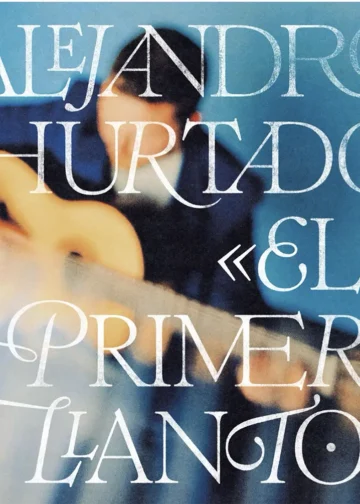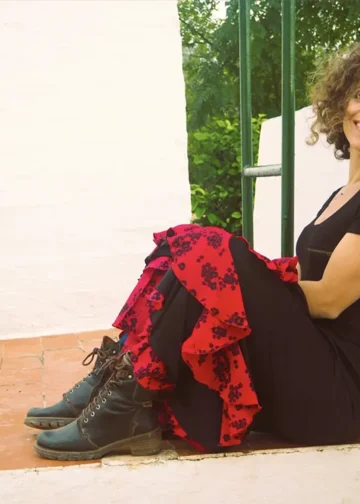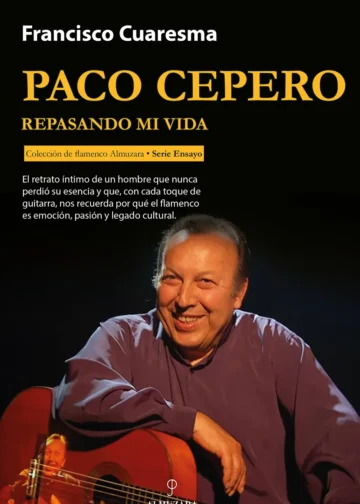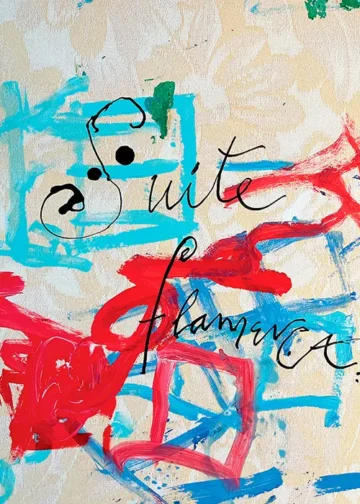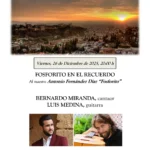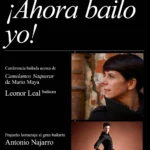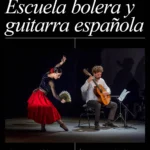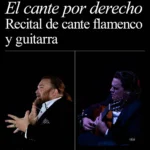Text: Estela Zatania
Photos: Jean Louis Duzert
Wednesday, January 20th, 2016. 20h. Teatro Bernadette Lafont, Nimes (France)
Jerez: flamenco identity and nationality
On Wednesday January 20th, the day's program at the Nimes Festival began with a talk by Cristobal Ortega, director of the Bienal de Sevilla since 2013, who spoke about the vitality and diversity of this important event.
In the evening at the city's theater, it was again the turn of Jerez, whose artists are so popular here. If Sunday brought the Sordera family who expressed the characteristic and unmistakable style of Jerez flamenco, last night David Lagos offered his own personal perspective. A different facet, other cantes, always within the specific pattern. David, a studious hard-working singer, with his clean, straightforward, masculine voice, challenged the stereotype of the limited repertoire so often criticized in Jerez singers. In fact, he strives to investigate and revive nearly obsolete cantes from Jerez, with special interest in the work of Antonio Chacón to whom he dedicated «cantes to memory of my paisano Chacón».
More than a recital of flamenco singing, «Made in Jerez» is a production. The first «scene» brings an assortment of a capella cantes with the voices of David, his wife Melchora Ortega and El Londro, first by turns, and then artfully overlapping.
Bulería por soleá, that most typical music of Jerez, was interpreted by David with a final verse alluding to the recently deceased Manuel Agujetas «who sang the soleá of Carapiera better than anyone». Respect and tribute are constants throughout the presentation.
The excellent guitars of Alfredo Lagos and Santiago Lara move the great flamenco machine forward with the help of percussionist Pedro Navarro, and brief but flavorful dance fragments by Diego de la Margara complete the Jerez feeling of this show.
Another noteworthy moment is the performance of dancer Mercedes Ruiz whose sweet feminine style is perfectly adapted to the old-style guajiras Lagos sings for her. Following this, soleá, and the «cante par excellence, siguiriya», which the singer delivers with intensity and feeling, ending spectacularly when the guitar stops playing, and David continues with a verse we all have mentally recorded in the voice of Chacón, «Serían las dos de la noche…», accompanied by the recorded guitar of Perico del Lunar, a true declaration of admiration for the patriarchs of this art-form.
A round of fandangos with the three singers, and it all winds up, as is only fitting, with a bulerias fiesta finale and the repeated chorus «flamenco is my nationality»
Descubre más desde Revista DeFlamenco.com
Suscríbete y recibe las últimas entradas en tu correo electrónico.


